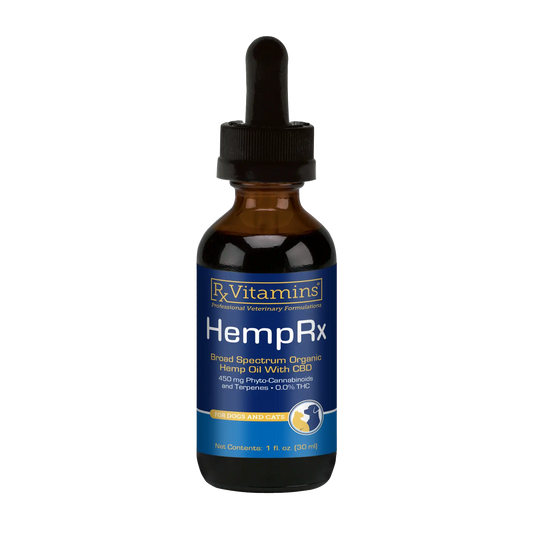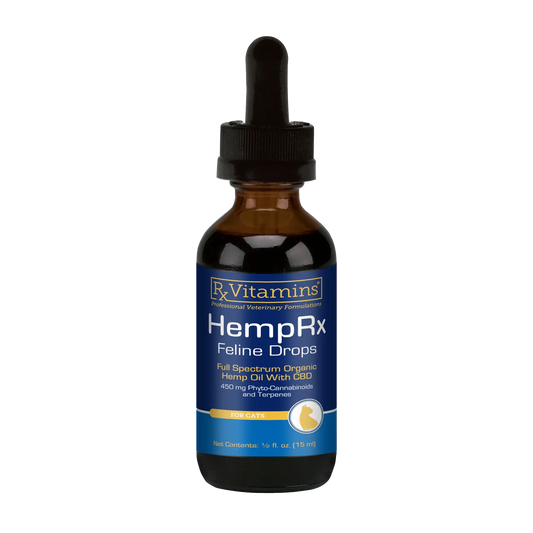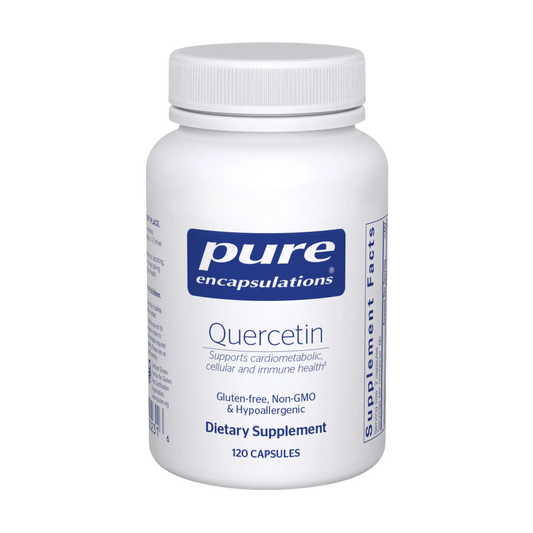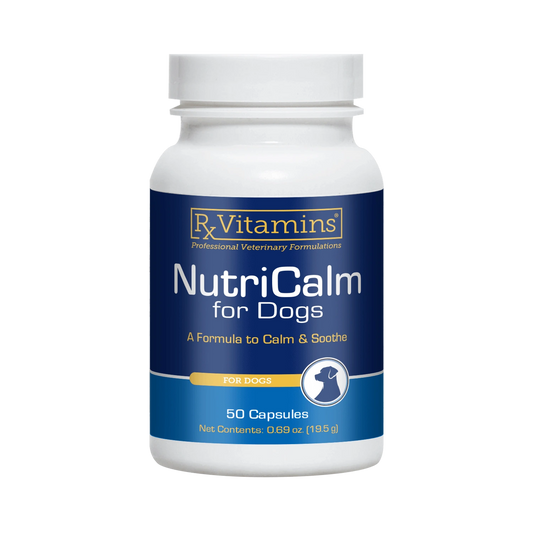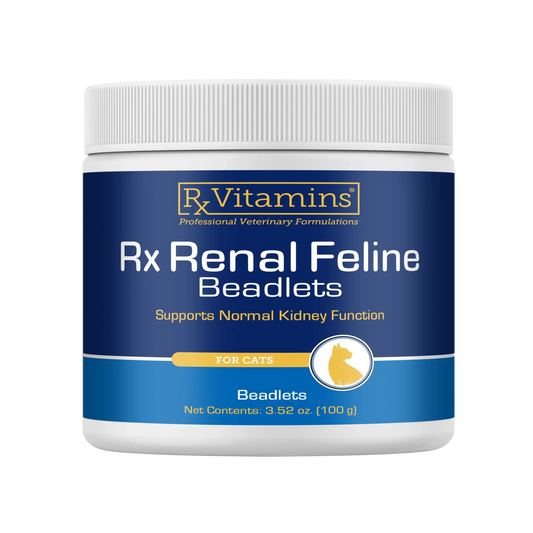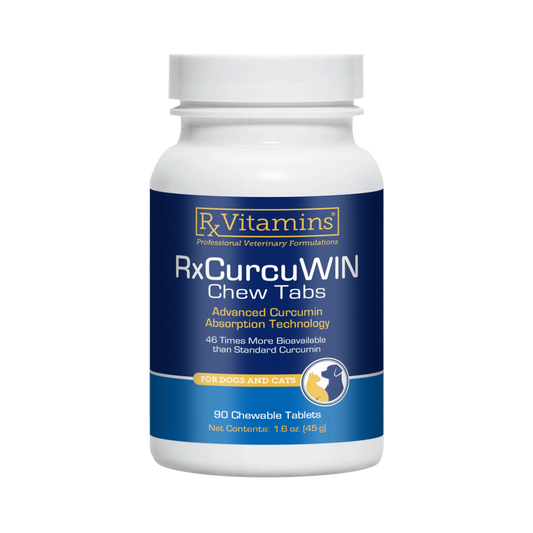Has your veterinarian recommended that your pet have a dental cleaning under anesthesia? Are you worried about the possible side effects and dangers? Have you heard horror stories of animals dying? While anesthesia carries a risk to your pet's health, untreated dental disease carries a much bigger risk. Like, A LOT bigger.
Many anesthetic deaths are due to poor anesthetic protocols and monitoring. It is important that you know that not all veterinary clinics practice dentistry or perform anesthesia properly. I want to empower you with the knowledge to help ensure your dog or cat has the safest anesthetic experience possible.
The following is a list of questions you should ask before sending your dog in for routine dentistry:
1. Does my animal need blood work before the procedure? The only correct answer to this is yes. If your dog or cat has hidden disease, this can make anesthesia more dangerous.
2. Who will be monitoring my animal's anesthesia? There should be one dedicated technician or nurse that is only monitoring your animal. From a staffing perspective this is hard for some clinics. While understand the business side of this, I really want what is best for YOUR animal.
3. Will my dog or cat have dental x-rays? If you are going to put your animal under anesthesia, don't skip this. Most dental disease is hidden under the gum. Taking x-rays is the only way to see this in many cases. You could be leaving very painful disease in your pet's mouth.
4. Who will be performing extractions if necessary? Only veterinarians should be performing extractions. There are really no exceptions here. This is pretty major surgery, depending on the tooth and location. It is against the law for non-veterinarians to perform surgery. If your veterinarian tells you that their technician is better at this part than they are, find a new one.
5. Will the veterinarian numb the tooth that is being extracted? Dental surgery is painful. If the area is not numbed with a nerve block, the animal will require more anesthetic to stay asleep. This is bad. If the animal does not experience pain under anesthesia, we can keep them very light. Less anesthetic equals less risk. Also, if your animal does have an extraction, make sure there is a dental x-ray taken after the extraction to ensure that all parts of the tooth were removed.
6. Will my animal have IV catheter? The only correct answer to this is yes. Having instant access to your animal's vein means instant access to their cardiovascular system. This can be life saving. Don't skip this.
7. Will you give my animal fluids? This one is getting trickier. Generally I would say that the answer is always yes. However, there is some more thought being given to this in the profession. We are not sure this is always helpful but it is common practice.
8. Who will be with my animal while they are recovering? This is a really important time. Make sure someone will be monitoring your animal during this phase.
If your veterinarian does not like these questions, that is a huge red flag. We work for you. You are your pet's advocate and we are here to guide you. Please empower yourself to make good decisions for your animal. Overlooking dental disease for fear of anesthesia can be a big mistake. If you are not comfortable with your regular veterinarian, seek a board certified veterinary dentist. They tend to have excellent anesthetic standards and are very fast and efficient. You can find one here.
As always, I welcome any questions and feedback. I love to hear about your animals and help in any way that I can!




